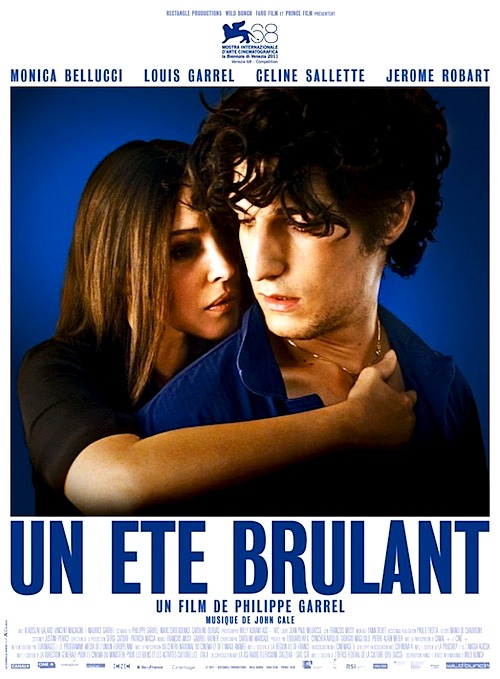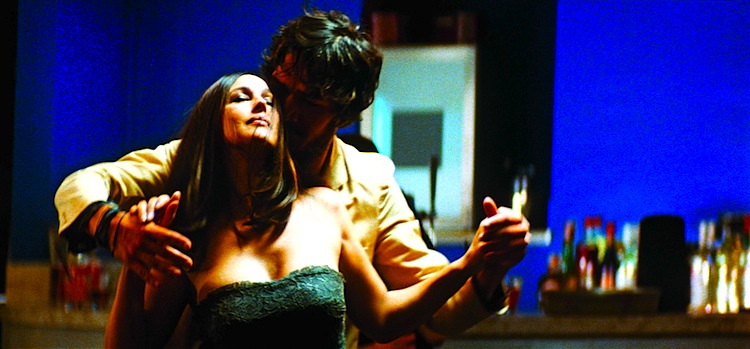
By Joe Bendel. Jonathan “Yoni” Netanyahu is revered to an extent probably second only to Hannah Senesh amongst Israel’s fallen heroes. However, Netanyahu’s ultimate sacrifice came leading one of the most successful military operations in the history of the state of Israel. The life of the commander of the Raid on Entebbe is celebrated in Jonathan Gruber & Ari Daniel Pinchot’s Follow Me: The Yoni Netanyahu Story, which has its upcoming world premiere during the 2012 New York Jewish Film Festival, co-presented by the Film Society of Lincoln Center and the Jewish Museum.
Yoni Netanyahu was born to lead. An ardent Israeli patriot, he had the look of a man of action. Netanyahu was the oldest of three brothers, indeed including Benjamin “Bibi” Netanyahu, the current Israeli Prime Minister, whom Obama and Sarkozy consider so gauche for being, you know, so Israeli. The family was always quite close, frequently writing back and forth while the eldest brother of destiny studied in America.
Thanks to a wealth of surviving letters, Netanyahu’s voice comes through loud and clear in Follow. In fact, the film is most successful conveying a sense of what it was like to come of age and start a new life as a young man at a time when Israel was under constant threat of attack from her belligerent neighbors. Strangely, though, although the film steadily builds towards the moment of truth in Uganda, the actual boots-on-the-ground military operation is handled rather perfunctorily. (Perhaps the filmmakers assumed most interested audiences would already be well versed in the details of the operation, dramatized several times in the 1970s – including in Menahem Golan’s Operation Thunderbolt and Irvin Kershner’s Raid on Entebbe).

In addition to brother Benjamin, two former Prime Ministers, Shimon Peres and Ehud Barak, also sat for on-camera interviews, which speaks volumes about Netanyahu’s significance to his countrymen. Yet, without question, some of the most insightful and moving remembrances come from his comrades-in-arms.
Unless viewers truly have hatred in their hearts, there are episodes in Follow that will definitely choke them up. Years later, Netanyahu’s family and loved ones still clearly feel his loss acutely. Some moments are quite beautiful, including Benjamin Netanyahu’s memories of his brother’s desert wedding, which he explains perfectly represented him as a rugged son of Israel. Others, of course, are deeply tragic. Altogether, they add up to an eventful but all too short life.
While Follow is very informative, it is really defined by its appropriately elegiac tenor. It is a film that documents the humanity and dedication of the IDF soldiers and officers (particularly but not exclusively Netanyahu) that American students (arguably more even than their Israeli counterparts) truly ought to see. It premieres this Thursday (1/12) with a subsequent screening on Monday (1/23) at the Walter Reade Theater, as part of the 2012 New York Jewish Film Festival.
Posted on January 9th, 2012 at 7:37pm.

